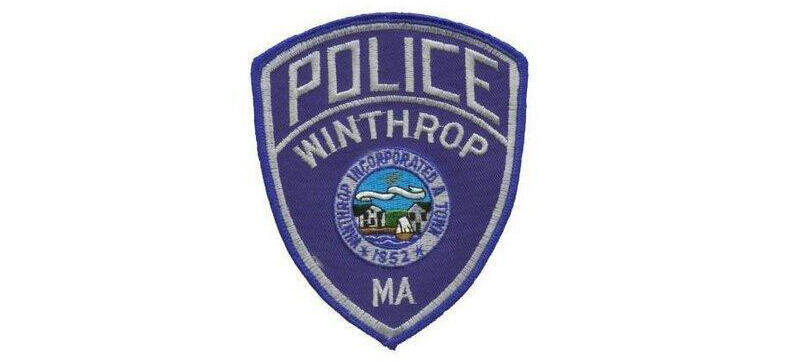Chief Terence M. Delehanty reports that the Winthrop Police Department is investigating an incident in which a Winthrop resident was scammed out of $35,000 and are warning the public about the proliferation of such scams.
On Nov. 30, the Winthrop Police Department was notified that an 80-year-old Winthrop resident was scammed out of $35,000. The resident was coerced into withdrawing money from the bank and sending it to an unknown person via a bitcoin ATM machine. The incident is under active investigation by the Winthrop Police Department.
In light of this incident, the Winthrop Police Department reminds residents to use caution, slow down, and reach out to trusted individuals if they believe they have been contacted by scammers.
The Federal Trade Commission (FTC) offers the following four signs to help people recognize possible scams:
- Scammers pretend to be from an organization you know. They might use a real name, like the Social Security Administration, the IRS, or Medicare, or make up a name that sounds official. Some pretend to be from a business you know, like a utility company, a tech company, or even a charity asking for donations.
- Scammers say there’s a problem or prize. They might say you’re in trouble with the government, that you owe money, that someone in your family had an emergency, or that there’s a virus on your computer. Some scammers say there’s a problem with one of your accounts and that you need to verify some information. Others will lie and say you won money in a lottery or sweepstakes but have to pay a fee to get it.
- Scammers pressure you to act immediately. They might tell you not to hang up so you can’t check out their story. They might threaten to arrest you, sue you, take away your driver’s or business license, or deport you. They might say your computer is about to be corrupted.
- Scammers tell you to pay in a specific way. They often insist that you pay by sending money through bitcoin, a money transfer company or by putting money on a gift card and then giving them the number on the back. Some will send you a check (that will later turn out to be fake), tell you to deposit it, and then send them money.
The FTC also recommends that if you get an email or text message from a company you do business with and you think it’s real, it’s still best not to click on any links. Instead, contact the company using a website you know is trustworthy, or look up their phone number. Don’t call a number they gave you or the number from your caller ID.
The U.S. Marshal in Boston put out a warning on Nov. 17 about a scam involving fraudulent callers contacting members of the public and alleging that they are working with or for agents of the U.S. Customs and Border Protection (CBP) as well as the U.S. Marshals Service in Massachusetts.
The calls appear to be the main line of the U.S. Marshals Office in Boston, 617-748-2500. This tactic is known as “spoofing,” where phone scammers use an existing software technology to modify what number actually appears on the victim’s caller ID. This is an attempt to impersonate phone numbers from friends, local businesses, and even federal law enforcement to appear legitimate.
These scammers research their targets and know exactly who they are calling and what real property that they own.
The U.S. Marshals Service offered the following points to remember:
- U.S. Marshals will never request credit/debit card/gift card numbers, wire transfers, or bank routing numbers for any purpose whatsoever.
- Never divulge personal identifying information or financial information to any
unknown callers.
- Report all scam phone calls to your local FBI office and to the FTC.
- You can remain anonymous when you report.
- Finally, if an apparent scammer provides what sounds like a court order,
immediately authenticate the call by calling the clerk of the court’s office of
the U.S. District Court in your area and verify the court order given by the
caller.
“A key point to remember when trying to protect yourself against such scams is that few legitimate businesses will have you send payment via bitcoin, gift cards or money transfer,” said Chief Delehanty. “We encourage anyone receiving these types of calls or communications to slow down, take a deep breath, and reach out to friends, family members, or Winthrop Police for advice on what next steps should be.”
Residents who believe they may have fallen victim to a scam, or who believe they may be communicating with would-be scammers, are encouraged to contact the Winthrop Police Department at 617-846-1212.
For more information about scams, visit the Federal Trade Commission’s website or the state’s website here.



